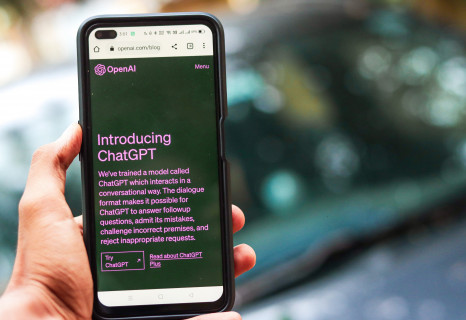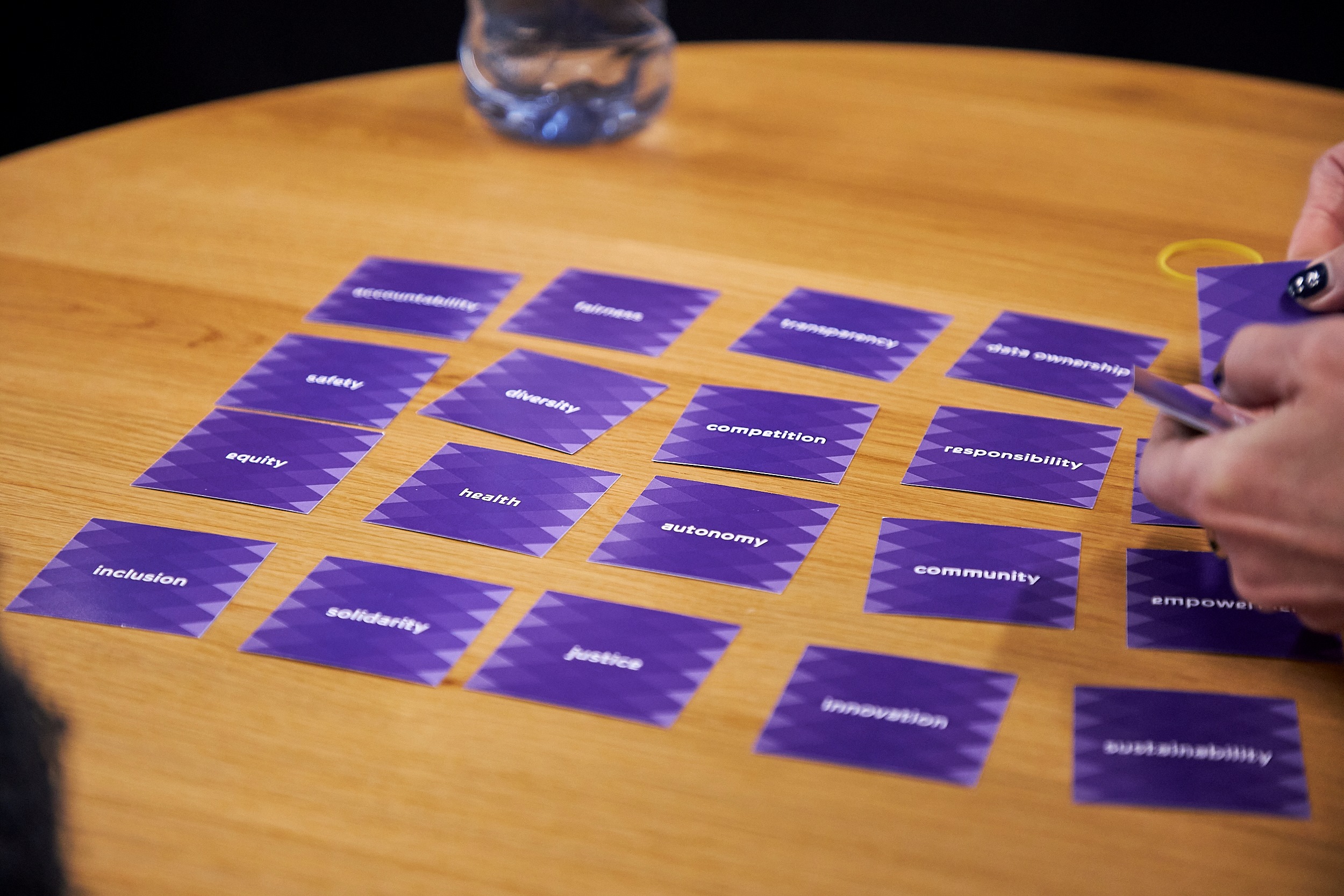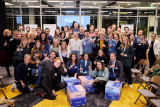Are language processing tools powered by AI, such as ChatGPT, revolutionising the way we work and live together? How should governments, such as the province of North Holland, deal with this? What is the impact as the technology behind ChatGPT evolves and is used more and more prominently, outside and within their own organisations? Is it an efficient way to communicate with citizens, write policy documents, or answer state questions? Or should we avoid or discourage the use of ChatGPT for governments? During Demo Day #20, we explored the possibilities and potential impact of ChatGPT on the work of governments. We will discuss not only the technology itself, but especially the ethical aspects involved. How can officials be included in the responsible use of this technology?
Case & Set-up of the Session
After an introduction of the question by the Jeroen Silvis and Martijn Veerman from the province of North-Holland, the participants first identified opportunities and threats when using ChatGPT for a concrete case study: writing a housing vision for the region using ChatGPT. The opportunities and threats were identified from perspectives: political administrators, civil servants working for the province and municipality, citizens and housing developers and associations. After this round of identifying opportunities & threats, the participants discussed some important factors the province of North Holland should keep in mind when developing a framework for the use of ChatGPT.
Insights
Opportunities for political administrators, civil servants working for the province and municipality, citizens and housing developers:
Make civil service more efficient and effective; compose and read policy documents;
Civil servants working for the province can save a lot of time as ChatGPT makes it easier to write large policy document; it can also serve as a source for creativity and inspiration;
ChatGPT could be beneficial for civil servants working for municipalities, as ChatGPT might help simplify complicated documents;
Citizens benefit as complicated plans become more readable and accessible through the use of ChatGPT;
ChatGPT could help broaden visions for area development and housing (in this specific case) which is beneficial to housing developers.
Threats for political administrators, civil servants working for the province and municipality, citizens and housing developers:
Through using ChatGPT, internal and privacy-sensitive information will be in hands of big tech multinationals, which is a big risk for political administrators; dependence on AI might lead to a loss of autonomy;
Using ChatGPT for writing policies might lead to tunnel vision for civil servants working for the province; Does the policy fully reflect the vision of the civil servant when using ChatGPT?;
ChatGPT makes use of existing content, which may lead to less innovation. This is a risk for civil servants working for the municipality as they have to execute the policy;
Citizens might worry about their privacy, as ChatGPT is owned by a big tech multinational;
ChatGPT might simplify housing visions whilst the realisation of housing is a complex issue, this is a threat for housing developers.
After identifying the opportunities & threats, the participants discussed what the province of North Holland should keep in mind for the development of a ChatGPT framework for internal use. Some remarks from the group:
Always remain critical and check everything, make sure to identify your sources;
Pay attention to public values and explore open-source language model alternatives that are more responsible and open source. Be aware of the influence of big tech;
Provide clear frameworks and instructions for the use of ChatGPT or a similar tool;
Make clear rules about who is responsible;
Knowledge and experience is also within people, not everything is public or published and thus accessible for ChatGPT;
Learn to ask the right questions: what is the input for ChatGPT? Educate your colleagues about the use, the do’s and don’ts;
Hire ChatGPT expert(s) and organise internal strategy sessions;
Be transparent about the use of ChatGPT within the government;
Choose for one tool, preferably open-source, that can be used organisation-wide.
Conclusion and Next Steps?
It is clear that the technology around AI powered language models is developing very quickly. As colleagues of the province of North Holland are already using ChatGPT, it is important to develop a framework for internal use. Jeroen and Martijn from the province of North Holland will use the concrete input from this session and work on plan/framework the coming months. It is unclear whether this question will have next step within the Amsterdam Smart City network, but a valuable connection has been made between the University of Applied Sciences of Amsterdam and the province of North Holland. Do you have any input for Jeroen and Martijn about this topic? Please contact me via sophie@amsterdamsmartcity.com, or leave a comment below.






